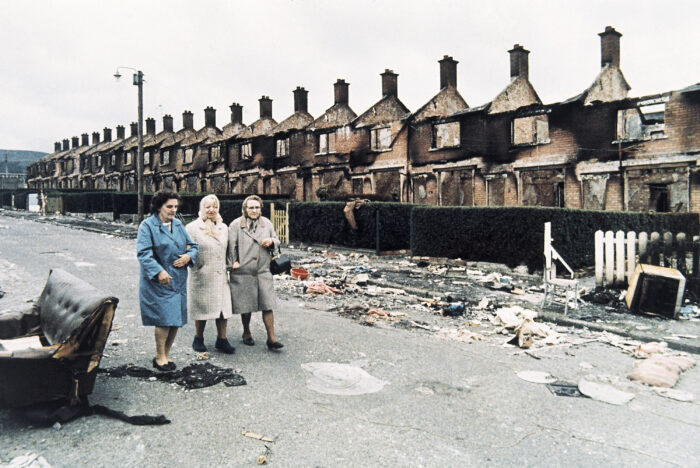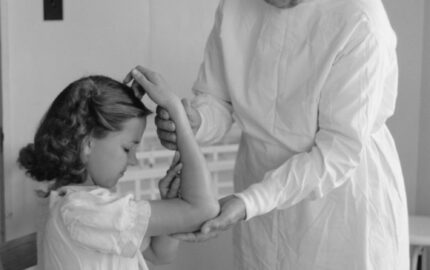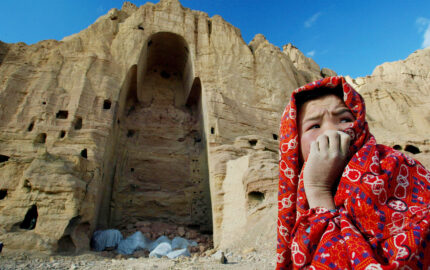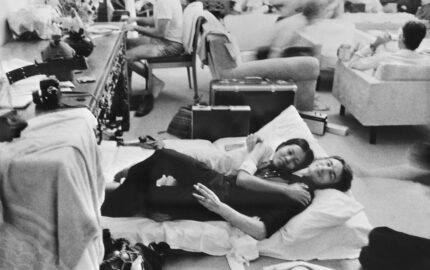
How are great journalists made? Often, it’s pieces of great journalism that help form them, influencing their lives or careers in an indelible way. To celebrate the Nieman Foundation for Journalism’s 80th anniversary in 2018, we asked Nieman Fellows to share works of journalism that in some way left a significant mark on them, their work or their beat, their country, or their culture. The result is what Nieman curator Ann Marie Lipinski calls “an accidental curriculum that has shaped generations of journalists.”
At first glance, “Lost Lives,” this extended piece of journalism in book form, looks like a simple list of names with some brief notes attached to each entry, but to me it is one of the most profoundly moving works I have ever read on the conflict in Northern Ireland or indeed on any other conflict.
Through the simple device of recording every killing that took place from the late 1960s to the early 2000s, the co-authors reveal a tapestry of conflict and suffering that is mesmerizing in its clarity and impact.
There is no editorializing, just a recitation of the facts but which nonetheless delivers an enormous emotional punch as it presents the heartbreaking reality of the lives and deaths of so many people long forgotten by all but their families and friends. And the list includes everyone from the innocent to those involved in terrorism and members of the security forces. Every “lost life” is remembered, every human being honored.
Its superficial simplicity also masks the enormity of the effort in tracking every detail of every death. It took seven years to research and compile.
As a journalist, and one who had covered Northern Ireland at the height of the conflict, this had a profound impact on me, reminding me of the grief that remains when the headlines have long since faded away.
Lost Lives: The Stories of the Men, Women and Children who Died as a Result of the Northern Ireland Troubles
By David McKittrick, Seamus Kelters, Brian Feeney and Chris Thornton
Mainstream Publishing, 1999
Excerpt
August 16, 1976
Gerald McGleenan, Armagh
Civilian, Catholic, 22, single, plumber
He caught the full force of the explosion as he stood outside his home in St Patrick’s Street, Keady. A keen hurler with the local Red Hand team, he had played for them in a county senior championship the previous Sunday. He was buried in the cemetery beside St Patrick’s Church in Keady after a funeral mass. Among the pallbearers was his brother for whom he was due to act as best man at his wedding a few days later. The wedding was postponed.



